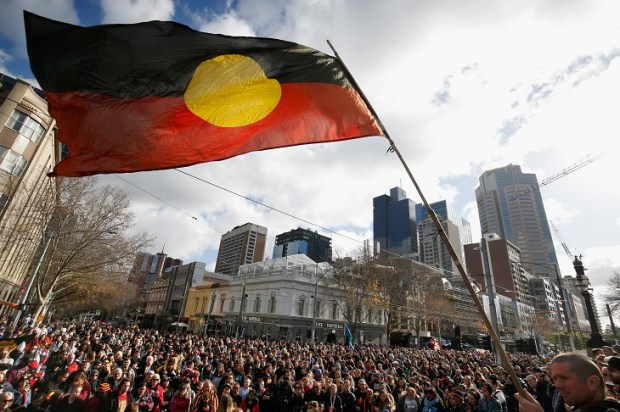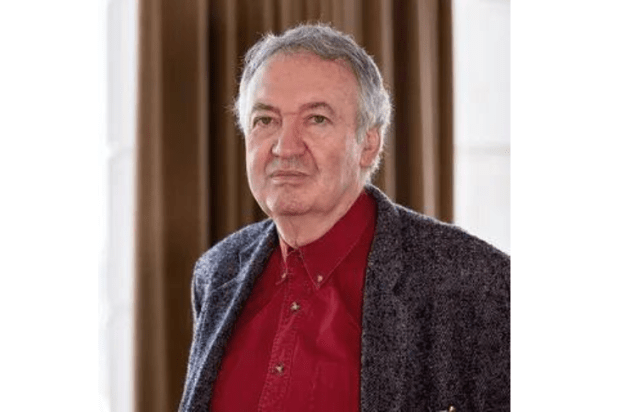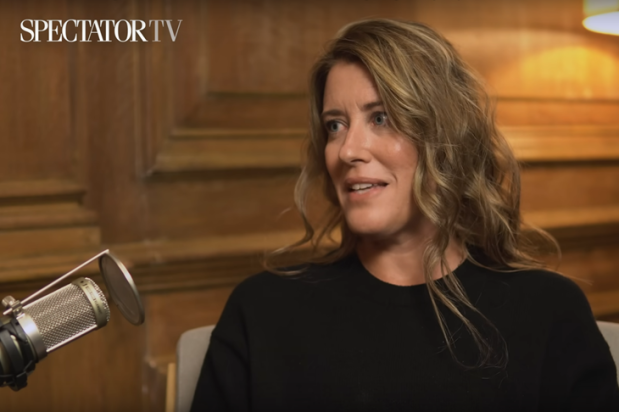Vladimir Putin’s ongoing brutal war against Ukraine. The Chinese Communist Party’s continued aggression in our region. An upsurge in violence in the conflict between Israel and various Palestinians factions. Each of these conflagrations have rightfully drawn the attention of students within international affairs.
Yet there is a forgotten international calamity that has been neglected, certainly in the West.
Recently, I visited South Africa. Twelve years have passed since I was last in this wonderful country for the 2010 FIFA Football World Cup. Much has changed, and much, unfortunately, has not.
South Africa is a country of boundless energy, physical beauty, and endless contradictions. Unfortunately, it is no longer a source of inspiring prosperity for the majority of its citizens. In a word, South Africa doesn’t work. The brokenness of things pervades every conversation and every occupation. You cannot talk about South Africa without discussing how broken it is; everyone here does.
What makes it more poignant is the promise the whole world held out for this wonderful country after the transmission from Apartheid to a Nelson Mandela-led land of freedom.
Twelve years ago, South Africa was filled with a positivity. Conversations everywhere were about the country acting as a shining light that would show the world Africa was on the move. South Africa was charting its own course toward a vibrant future, and proud of its achievements since the fall of Apartheid in 1994. The country felt it was on the verge of a greatness so brilliantly crafted through a democratic transition from the evil racialism of a system of segregation that had lasted fifty years.
Apart from the Vuvuzela trumpeting at football matches, I wanted to see the ‘real’ South Africa and made sure to visit a place the local people I was staying with said I should not go. A township outside Johannesburg called Alexandra. It covered an area of one square mile, housing one million people in shanties, with no sanitation or electricity, and water accessible through an occasionally placed communally tap. Historically, Alexandra township was born when Johannesburg was birthed; side by side the twins grew when the great gold rush of 1886 commenced. Itinerant, poorly paid workers resided in Alexandra, providing the labour needed for the operation of the gold mines.
Twelve years on from my profoundly disturbing visit nothing has changed, except Alexandra has grown to two million people and ranks as one of the most crime-ridden areas of South Africa. Local taxis in Johannesburg are hailed by hand signs, for example a raised hand with the index finger pointing up is a sign you are hailing a taxi going the Johannesburg CBD. Conversely, the hand sign for catching a taxi to Alexandra is a gun.
Driving and walking through Alexandra with a man who creates meaningful projects inside this orphaned city, such as a creche, community gardens, and Aids orphanage hospital, one is struck with hope in the ability of people to look after one another no matter the circumstance. Yet, when walking through the township, sewage runs down the broken streets. Life expectancy in Alexandra has not shifted and is still a dismal 42 years. Alexandra is parochially called ‘Nobody’s Child’, which speaks volumes for putting two million people into the too-hard basket.
On the other hand, South Africa has actively invested in tourism; the number of game parks since the World Cup was staged has proliferated, giving foreigners a unique opportunity to get close to the incredible wildlife that makes Africa the greatest animal bastion on the planet. To visit a game park is to be immerse deeply into the natural world and, leaving urban life behind, revisit a lost human spirit.
On this trip, we stayed at the Madikwe Game Park in the North of the country, literally abutting Botswana. Founded in 1991, this 750 square kilometre reserve was originally stocked with 10,000 animals that had been relocated from other parks. To drive amongst Lions, elephants, cheetahs, impalas, zebras, leopards, and rhinos literally no more than a few meters from your vehicle is to feel a deep bonding with the Earth; a sense of togetherness with the preciousness and wonder of the environment in which all life exists.
And yet, even in these places of immense wonder, things don’t work as they should and could. The government-owned and managed parks are overwhelmed by the number of proliferating animals and the fauna is often left uncontrolled, leaving proliferating pest flora abundant. Fees and charges given to park management are universally claimed to disappear. Everyone at the parks point out the problems and the ubiquitous answer, ‘nothing is ever done’, is repeated over and over at Madikwe and throughout the whole country.
This harshest and most personal sense of ‘nothing is ever done’ is most prevalent with the energy crisis. South Africa has been in a state of what they call ‘load shedding’ for nearly fifteen years. What began as an hour of no electricity once a fortnight has now become a daily torture of hours in a day without electricity. The ramifications spill into every aspect of life and death.
Morticians are now having to embalm bodies because they are not able to keep bodies cold enough in refrigerated containers. There just isn’t enough electricity and the price of diesel to run a generator is sky-high. While that is a practical solution, embalming is expensive, and out of reach for the many.
My wife met a hairdresser who was complaining that when she gets home after work around 6 pm her electricity would be cut off for four hours, so she is not able to cook dinner for her family, and her children use candles to see their homework. Buying dinner every night is unfeasible. Not every white person here is wealthy and can afford a generator.
Whole towns are complaining that there isn’t enough potable water due to the lack of electricity required to power filtration plants, or even simply drive water through the system.
The electricity crisis is everywhere across this country and the number one topic of conversation; more likely how people are trying to work around it. Why has this problem got out of hand, I persistently asked?
The answer is the same as the game parks, street crime, township misery, and the general economy; the government is paralysed. It isn’t mismanagement so much as no management.
At the electricity generation plants, everything that is not bolted down is stolen, so there is no maintenance and the plants are breaking down. The theft is reported daily in the papers and the government does virtually nothing to stop it. Organised crime gangs loot whatever they can as much as the individuals who shove copper pipes down their pants on their way out of the plant.
Recently in the town of Komani, which is situated in the east of the country, a gala dinner was being held to celebrate the 111th anniversary of the founding of the African National Congress; the political party of Mandela and the current majority government of South Africa. A senior ANC person was arriving to keynote the dinner when she was confronted by a demonstration of local residents. They angrily complained that they had no access to electricity for over a month. Protesting residents decried the lack of food or accessible potable water. Families in the town were literally starving.
One particularly angry demonstrator snatched the wig of the ANC official and was chased by said official. The mirth of the situation was uniquely matched by the humiliation.
It is widely accepted that the ANC has become a corrupted organisation, relying on patronage and privilege to maintain power. The immense abundance of this wonderous land is being fritted away into loyal pockets, and clearly not being directed to solve the real problems of South Africa.
It is a rare historical occurrence for revolutionary movements that succeed in overthrowing the old regime to morph into wise rulers. The ANC, while proudly at the vanguard of overturning Apartheid, is not capable of good governance when in power.
The Foreign Minister of Russia, Sergey Lavrov visited South Africa in December 2022 and was warmly welcomed by the government. While the ANC was given support and training from the Soviet Union throughout its period of exile, the malevolent Russia of today is certainly not a supporter of freedom and good governance. The ANC, it seems, is stuck in a Cold War time warp to the despair of its citizenry.
However, South Africa does not have to descend into the nightmare that its neighbour Zimbabwe has become.
Even with the corrupt leadership of the ANC, South Africa can become a beacon of hope. That means shattering the system of patronage and government inertia and rediscovering the spirit of resilience, optimism, and opportunity that Mandela once bravely fought for and symbolised. This noble cause must also be the cause of the West.
Adam Slonim is Secretary of the Labor-aligned John Curtin Research Centre, Co-Convenor of the Australia-Israel Labor Dialogue, and Director of AI Startup Vestia
Got something to add? Join the discussion and comment below.
Get 10 issues for just $10
Subscribe to The Spectator Australia today for the next 10 magazine issues, plus full online access, for just $10.


























Comments
Don't miss out
Join the conversation with other Spectator Australia readers. Subscribe to leave a comment.
SUBSCRIBEAlready a subscriber? Log in